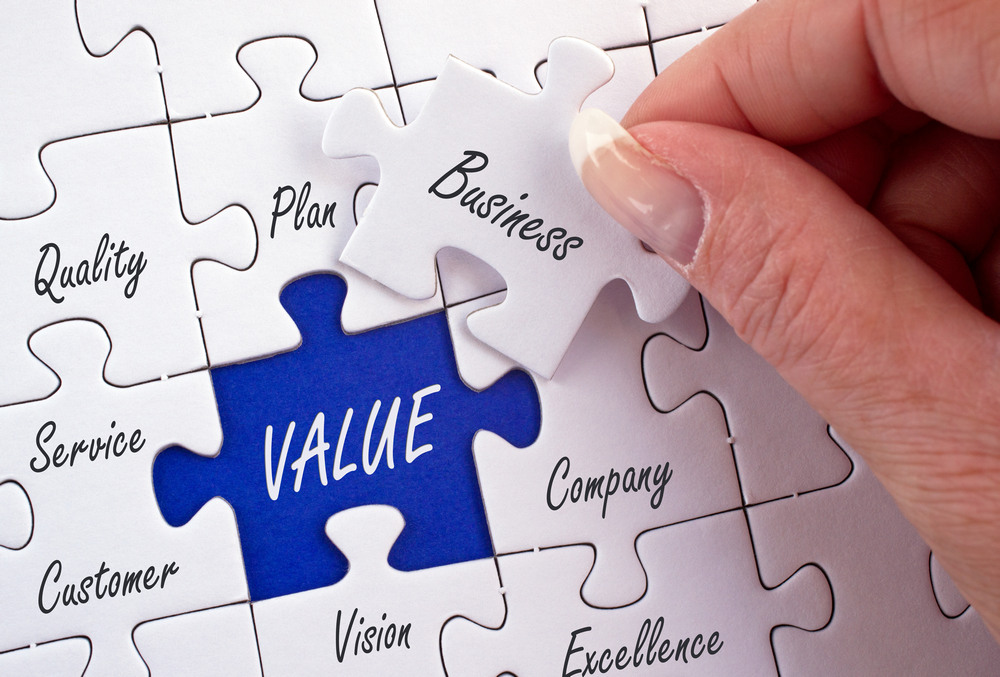If you are like most business owners, the bulk of your wealth is the value of your business, and at some point you want retire and harvest the value you have built. You might want to pass the business on to the next generation, or sell for its maximum value. Either way, the odds say this will be your first time selling a business. The vast majority of sellers of small to medium sized businesses will only sell one during the course of their lifetime.
The truth is that for every 10 businesses that want to sell, only one or two are actually ready and sellable, while two or three have no value without the owner and realistically can’t be sold. That leaves five to seven businesses that just need some work to both increase their value and make them attractive to buyers.
These are the six things with the biggest impact on the value and salability of your business.
- Economy
When the economy is healthy and robust, there’s more money to invest and therefore more buyers. Pre-pandemic, we were in an historic bull market and there are still trillions of dollars waiting to be invested.
While you can’t change the economy, it’s important to consider the sale of your business from a timing perspective. If you don’t sell in an up market, you should be prepared to wait five to seven years for the market to cycle back up. Additionally, in late 2020 there is concern that if Biden wins the election in November, tax laws will change, resulting in significantly increased taxes on business sales.
- Industry
The formulas used to value a business differ by industry. You don’t value a software company the same way you value a restaurant, and companies with a recurring revenue model are valued differently than those with nonrecurring revenue. It’s too late to change the industry you’re in, but you can consider different pricing models.
- Size
While there are many different valuation formulas, most privately held business values are calculated as a multiple of profitability based on their EBITDA (earnings before taxes, interest, depreciation and amortization). Think of it as the number of years it will take for the buyer to pay for the business through profits.
Because most privately held businesses look to minimize profitability for tax purposes, EBITDA is normalized for this calculation — meaning it’s adjusted to account for all those things you do to show reduced profitability come tax time.
This is where size matters. If your company has adjusted EBITDA under $1 million, it might be valued at 1-3 times EBITDA (e.g., $500,000 EBITDA translates to a sale price from $500,000 to $1.5 million). If your EBITDA is $1 million plus, that multiple may jump to 3-4X. If your EBITDA exceeds $3 million, the multiple jumps again to 4-6X. And over $5 million, it might jump to 7-8X. The actual multiple varies by industry and these numbers are for illustration purposes only. The important concept is that generally the multiple applied to the value of your company increases at $1 million, $3 million and $5 million EBITDA and beyond.
- Concentration
This applies to both customer and product concentration. Essentially, if a significant portion of your revenues come from a single or few sources, buyers will discount the value of your company. Why? Because the risk is high. If something changes, the impact on the business could be devastating. If 35 percent or more of your revenues come from one customer and that customer goes away, your business will suffer. This presents risk for a buyer, and risks reduce value. The same is true if your revenues rely too much on a single product.
Diversifying your customers and products will resolve these issues. Growing existing customer revenue is good, but it’s better to focus on adding new customers to compliment the growth of existing customers. This keeps your concentration within reasonable limits that not only make your business more stable but won’t alarm potential buyers.
- Cyclicality
Many businesses are cyclical in nature. If you want to maximize the value of your company, you should look into adding complimentary revenue streams to offset any cyclicality. One perfect example of this is when the Clorox Company, who owned Kingsford Charcoal, bought Duraflame in the 1970s. Stores could swap out Kingsford for Duraflame on their shelves each season, which meant Clorox enjoyed more consistent revenues thanks to these complimentary cyclical product lines.
So, if you’re a plumbing company focused on new construction (a cyclical industry), you might consider growing your maintenance division. This would provide less cyclical, more stable revenue.
- Owner Dependency
This one may surprise you. It’s also the one you have the most control over. In a nutshell, your business is worth more if you are not in it. If you can’t go off the grid for a month without worrying about your business, then your business is dependent on you. And if your business is dependent on you, what happens when you leave? This is a big risk for a buyer and remember, risks reduce value.
If you want to maximize the value of your business when you sell, you need to grow your management team to a point where things run just fine when you’re not around. This may take a couple of years, and you may need outside help figuring out how to do it. When you do, you’ll likely find that you have more free time, your employees are more engaged, your company grows faster, it’s easier to sell and it’s worth more. It’s a win-win-win-win-win situation.
The “Alterra” name was coined by joining the Latin roots “alter”, the origin of the word “altruism” with “terra” meaning earth or land. This name reflects the company philosophy of “clients before profits” and providing firmly grounded advice.


